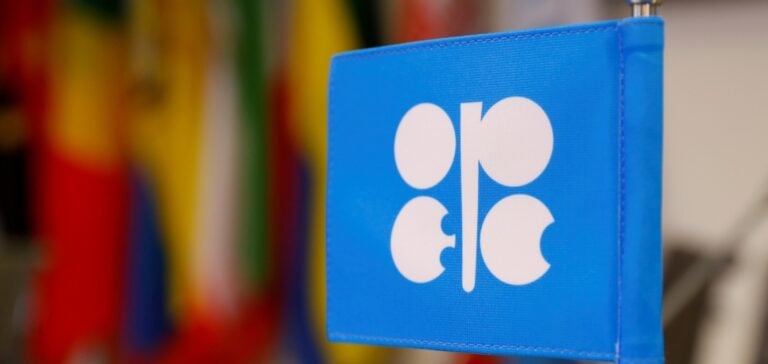The recent announcement of Brazil’s invitation to join OPEC+ represents a significant moment in the history of global energy policy. This development comes at a time when oil market dynamics are undergoing rapid change, influenced by international competition and environmental challenges.
Implications of Brazil’s accession
Brazil’s participation in OPEC+, scheduled for January 2024, raises important questions about its impact on the world oil market. As one of Latin America’s leading producers, with a record output of 3.7 million barrels per day in September, Brazil brings a new dimension to the OPEC+ alliance. This could redefine production strategies and significantly influence world oil prices.
Economic Analysis and Outlook
Brazil’s decision to join OPEC+ is part of a strategy to stabilize and control market prices. While some experts, such as UBS’s Giovanni Staunovo, see this membership as crucial for the market, others, like Saxobank’s Ole Hansen, express reservations about the relevance of this move for a country with a production boom like Brazil. This divergence of opinion reflects the complexities and uncertainties of the global oil market.
Strategic and environmental considerations
Beyond the economic implications, Brazil’s entry into OPEC+ also raises environmental and strategic questions. International energy cooperation is increasingly influenced by environmental concerns and the transition to renewable energy sources. Brazil’s membership of OPEC+ could therefore play a key role in shaping future energy policies, by balancing economic and environmental interests.
Brazil’s integration into OPEC+ is a major development that could redefine the balance of the global oil market, while highlighting the challenges and opportunities associated with international energy cooperation.





















